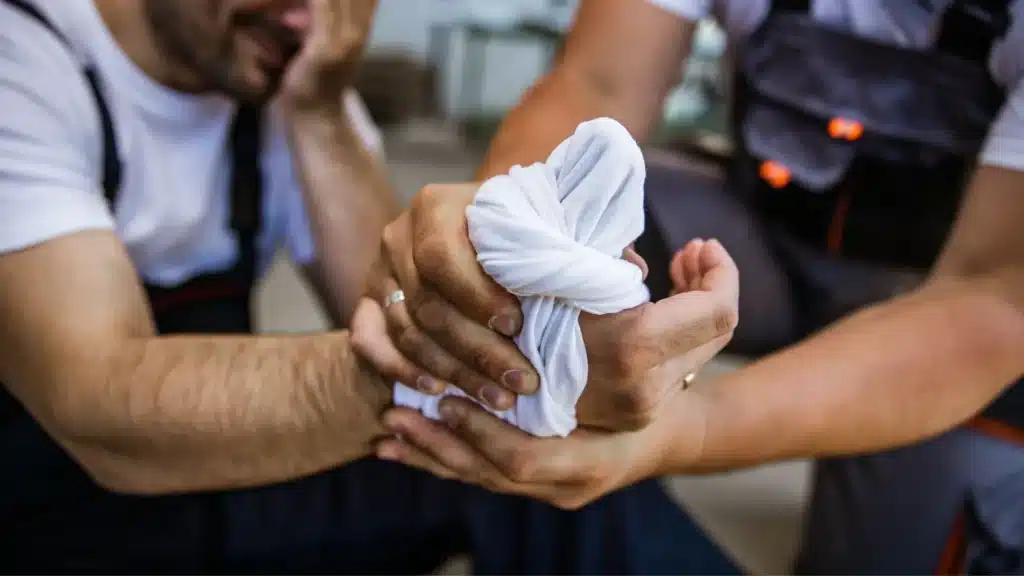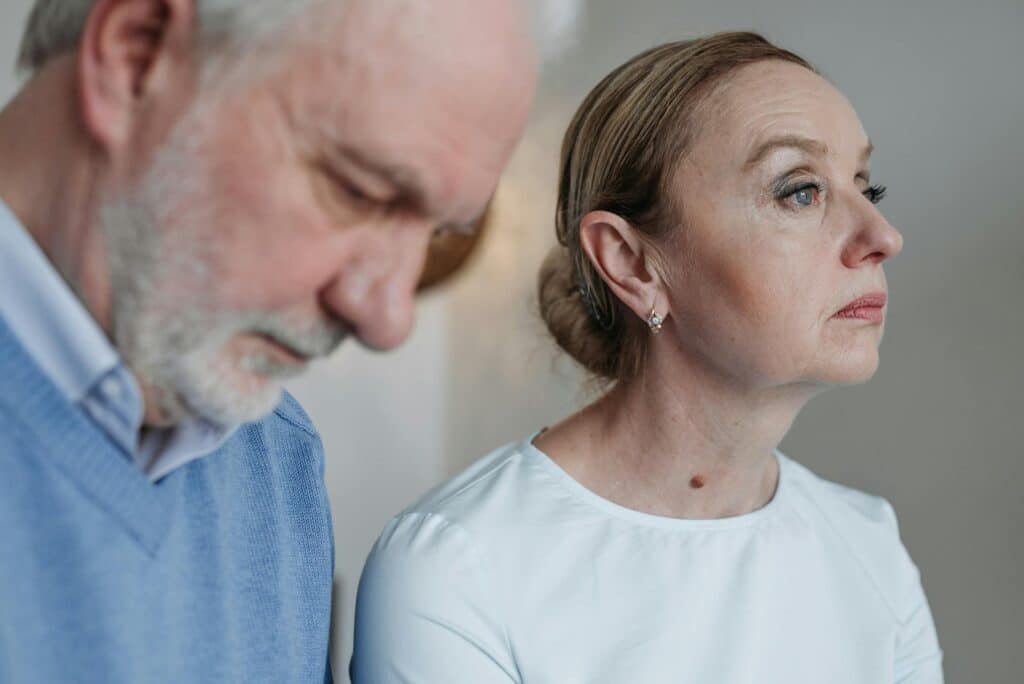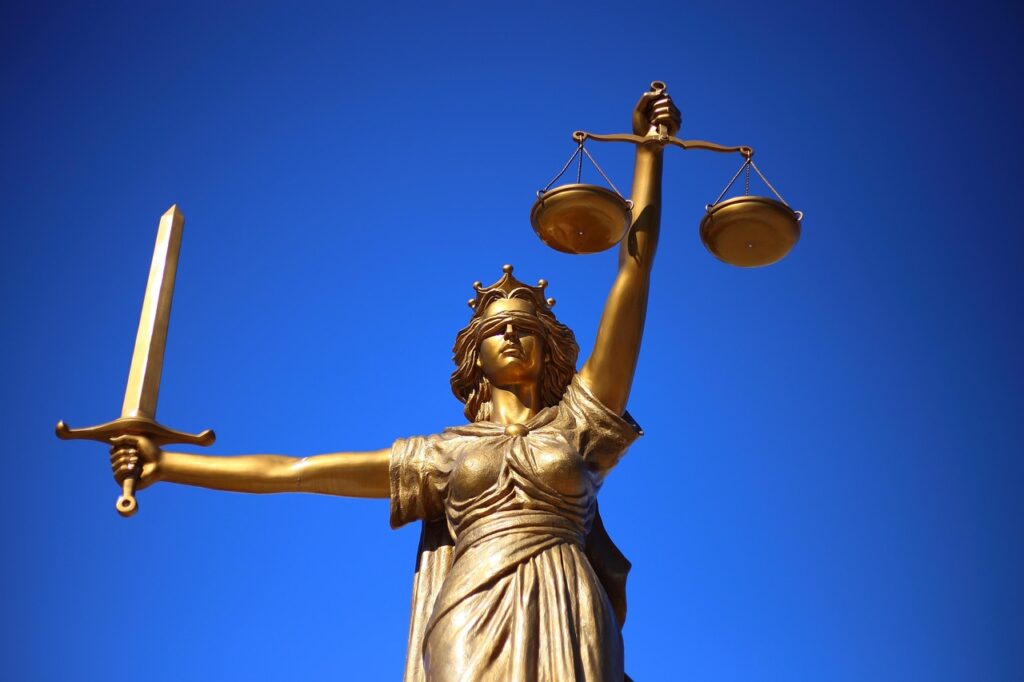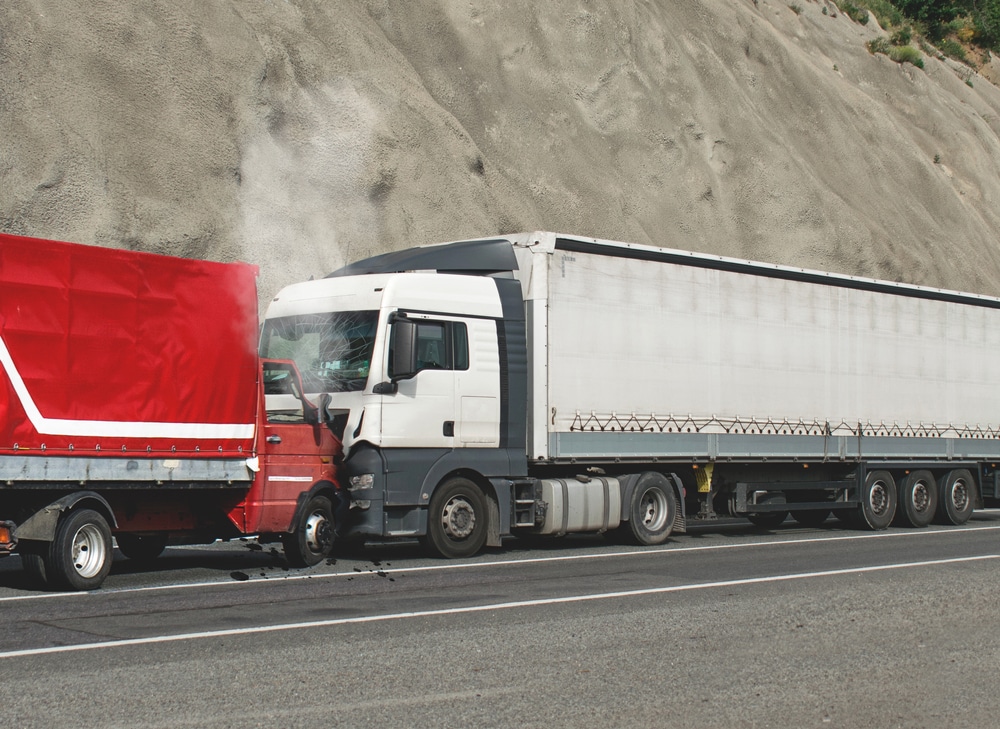Our McAllen premises liability attorney can get you the compensation you deserve. You pay no fees until we win.
Hear from Our Satisfied Clients
Invitees
An invitee is invited or allowed onto a person or entity’s property by the owner — or with the owner’s knowledge — for a fundamental or financial benefit. For example, when you go to a movie theater, your ticket establishes your status as an invitee onto the business’s premises. Other invitees include grocery store employees or someone entering a bank to make a deposit. In such instances, the property owner owes a duty to the public to maintain reasonably safe premises.
The law varies by state, but most state laws, including Texas, require property owners to extend the following duties to invitees:
- The duty to repair and correct known (i.e., actual knowledge) hazards and to reasonably inspect the premises to discover and correct potential (i.e., constructive knowledge) hazards.
- If the defendant could have discovered the conditions by conducting a reasonable inspection, they have constructive knowledge. For example, if a grocery store leaves a spill unattended for one hour and a shopper slips and falls, one can argue that the grocery store had constructive knowledge of the spill because it was easily discoverable if an employee regularly scanned the aisles for safety purposes.
- The duty to ensure conditions do not impose an unreasonable risk of harm.
- Unreasonable risk of harm exists where “there is a sufficient probability of a harmful event occurring that a reasonably prudent person would have foreseen it or some similar event as likely to happen.”
- The duty to warn or make conditions safe for all invitees. For example, if a bakery puts up a bright-yellow “Caution — Wet Floor” sign near a coffee spill, the bakery met this duty of care to its invitees.
Licensees
A licensee is someone a property owner invites onto their property despite not being open to the general public. If you invite your friend to your house for a social gathering, your friend is a licensee.
A licensee can also be a “bare licensee,” meaning they enter the property not by direct invitation but without objection. Examples of bare licensees are door-to-door salespeople and mail delivery people who drop off packages at your door. Property owners owe a lower level of care to licensees, especially bare licensees, than to invitees.
Licensees assume care for ordinary risks to the premises’ current condition. In other words, property owners only have to take reasonable care to protect licensees from extraordinary risks, hidden perils, and reckless misconduct from which the licensee cannot protect themselves.
With licensees, a reasonable care standard for the safety of visitors applies.
Determining the standard of reasonableness owed by the property owner to the licensee depends on an examination of factors, including:
- The circumstances or conditions of the property upon arrival
- The use or purposes of the property
- Knowledge or likelihood of (i.e., foreseeability) the accident or injury happening
- Reasonableness of the property owner’s actions to rectify the hazard or warn visitors that it exists.
Unlike the duty allotted to invitees, though, property owners do not have to inspect the premises and eradicate ordinary hazards. However, they must have a reasonable knowledge of the danger likely to cause injury.
An injured party can demonstrate a property owner’s knowledge in the following ways:
- Proof that the property owner saw the condition with their own eyes.
- Proof of prior incidents concerning the same unsafe condition.
- Proof that the property owner attempted to remedy the unsafe condition but failed to do so completely.
Trespassers
A trespasser enters an owner’s property without explicit, implicit, or legal permission to do so. Property owners’ duty of care is much lower for trespassers. Landowners are not legally responsible for protecting people who enter their property without permission because they don’t expect anyone to need protection. But property owners also cannot willfully injure trespassers.
Additionally, if a property owner is aware of a potential for trespassers, they cannot intentionally cause injury to non-visitors by way of unsafe conditions or gross negligence. The law defines gross negligence as an act or failure to act that constitutes a high degree of indifference to risk or human safety.
Trespassers might be awarded compensation for their injuries, with the assistance of an expert premises liability lawyer, if:
- The owner created or maintained an unsafe condition.
- The condition was likely to cause serious injury or death.
- The owner was aware the condition was undiscoverable by trespassers before being injured by it.
- The owner did not use reasonable care to warn trespassers of the existing risk or condition.
Different rules, standards, and levels of care apply to child trespassers. An attractive nuisance is an artificial condition (for example, a swimming pool) on a property owner’s land that they know or should know is likely to attract a wandering child. The property owner can be liable for the child’s resulting injuries if the claimant can show that a reasonable person could assume a child is likely to be lured to the dangerous condition.
Type of McAllen Premises Liability Claims
Common types of situations that may give rise to premises liability claims include:
Factors to Consider before Filing a Premises Liability Claim
Consider or discuss the following factors with your premises liability attorney when deciding whether to file a claim:
Statute of Limitations
Remember your state’s statute of limitations (or the statute of limitations in the state where your injury happened) because this timeline will determine how long you have to file a claim. After this time transpires, you forfeit your compensation claim.
Texas statutes impose a two-year deadline for filing a claim. This time begins the date the incident occurs or from the date when you reasonably discovered or should have discovered your injuries.
Necessary Evidence
You’ll need evidence to support your claim. Forms of evidence in a premises liability suit can include:
- Proof that the owner created the condition
- Proof that the owner knew of and chose to ignore the condition
- Patterns of similar practices by the owner
- Proof that the condition existed long enough for the owner to take corrective measures.
Proving Inadequate Security Measures
Premises liability laws also cover cases concerning a landowner’s promise to make their land safe and failing to do so. The two most common premises liability claims relating to inadequate security measures occur:
- At business sites where security guards were not present
- At home or apartment complexes where alarm systems, security cameras, and locks were faulty.
For instance, if a business fails to provide security in its shopping areas and its inadequate measures fail to prevent an invitee injury, the injured party can potentially sue the company with their premises liability lawyer.
Similarly, a resident at an apartment complex might sign a lease because of the strong security measures promised, but later, someone breaks into their apartment due to a non-secure or badly functioning lock. As a result of sustained damages, the resident likely has a premises liability case.
How Much Compensation Can I Recover from a McAllen Premises Liability Claim?
It’s difficult to provide a definitive recovery expectation for a premises liability claim. Countless factors can affect the outcome of your case. For instance, if two claimants suffer from the same slip and fall accident caused by a grocery store’s negligence, but one claimant is young and healthy and the other is a senior, the latter is likely to suffer more significant injuries. So the senior may have higher medical bills, take longer to recover, and suffer a greater impact on their daily living, all of which might mean their premises liability lawyer can get them a bigger settlement.
Other important factors that can influence the recovery amount include:
- The claimant’s ability to earn future wages after an injury
- Whether dependents previously relied on the claimant and no longer can due to disfigurement or permanent injury
- Gender affecting recovery times following an injury
- Whether the parties and insurers settle the case or if a jury decides the case at trial (e.g., a jury can award economic, non-economic, and punitive damages).
Locations We Serve
Our Texas accident attorney has successfully recovered maximum compensation for injured individuals and their families all over the state, from the Rio Grande Valley to the Permian Basin.






